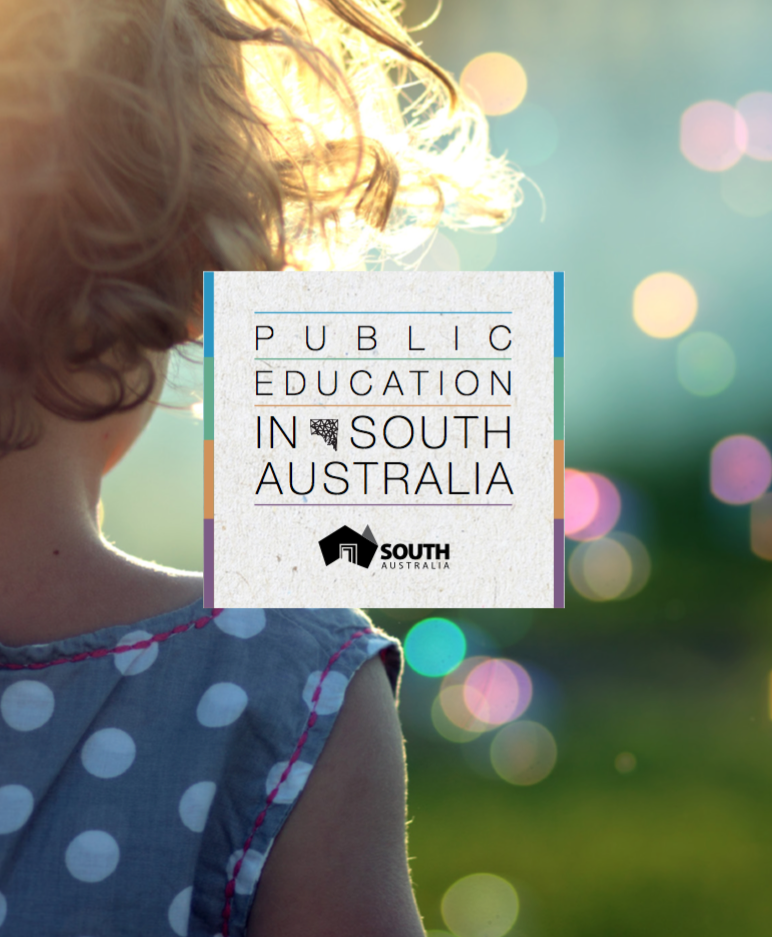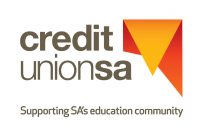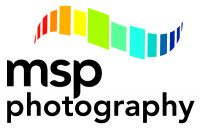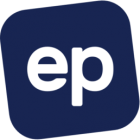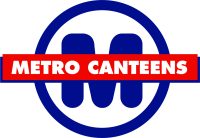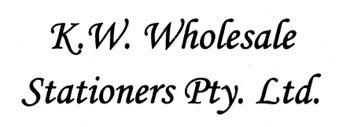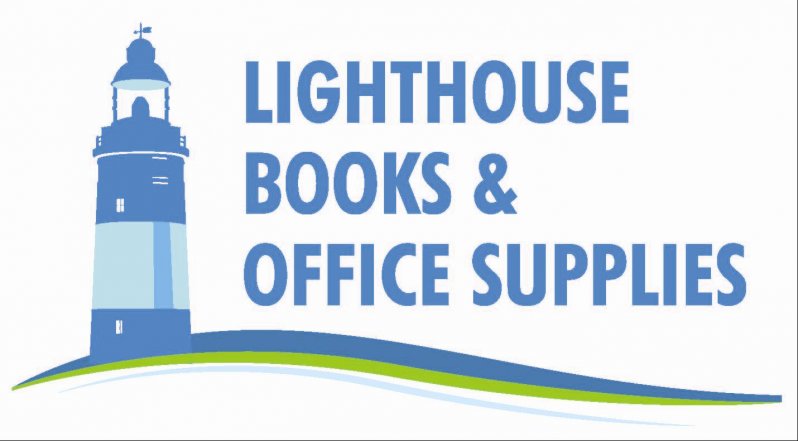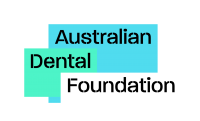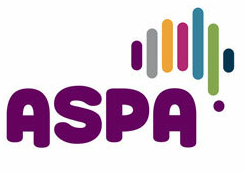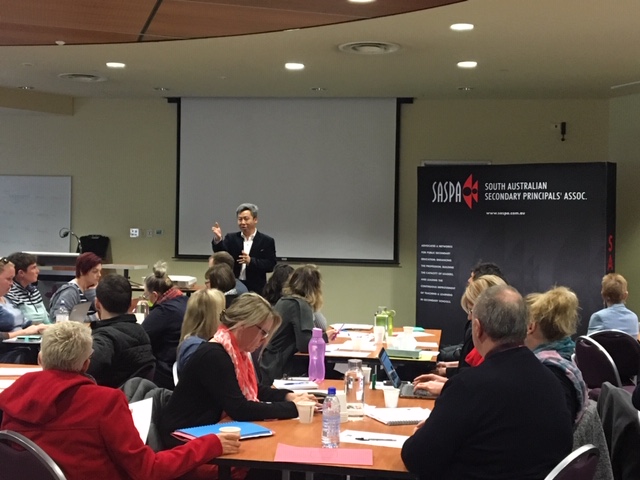
Partnership in Entrepreneurial Education Revolution

8th March 2019
In 2018, 10 high schools became involved in a SASPA-backed project entitled Partnership in Entrepreneurial Education Revolution (PEER). This post looks at what has been achieved and what is promised for the future. So far the efforts have proved very significant.
The 10 schools involved:
Norwood Morialta High School
Victor Harbor High School
Wirreanda Secondary School
Thebarton Senior College
Marryatville High School
Seaton High School
Brighton Secondary School
Charles Campbell College
Glenunga International High School
Heathfield High School
For more information on what has been happening in South Australia and the work of the individual schools visit this page on the SAPSA website.
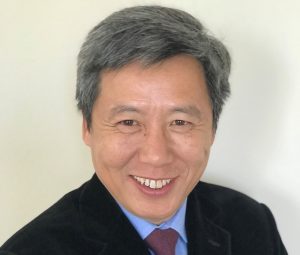
Yong Zhao
The key ideas driving the project come from the work of Yong Zhao who is based in the US at the University of Oregon. He has been actively involved with the SA schools and the most recent interaction came in December 2018 when there was a video link organised at Thebarton Senior College.
Yong Zhao’s central theme of ‘entrepreneurial education’ brings together many current pedagogical initiatives and concerns:
- student action and student voice, including in the design and development of the curriculum
- ‘personalised’ learning that is responsive to student interests, drives and ideals, as opposed to ’standardised’ learning that is compromised by a narrow preoccupation with standardised curriculum, teaching and testing
- the effort to raise the status of the ‘soft’ curriculum – capabilities, ‘essential learnings’ personal and social skills etc – and, in particular, to recognise the central place of creativity and ‘entrepreneurship’
- recognition of the mental health challenges facing youth and proactive strategies to address student wellbeing
- the adoption of a more global perspective on education and the ‘connectedness’ of learning across cultures and nations, even in a time of heightened populism.
For an overview of Yong Zhao’s work you can view this short video (2014). There is also this interesting article from the New Internationalist from 1 September 2017 entitled The West and Asian education: a fatal attraction. In the article Yong Zhao argues that at the very time Western nations are attracted to the success of Asian nations, in terms of TIMSS (Trends in Inerntational Maths and Science Study) and PISA (Programme for International Student Assessment) results, Asian nations themselves see the limitations of such success and are attempting to modify both the degree of centralisation and the reliance on standardised testing which characterise their systems of education. In his view, such systems increasingly recognise the need to develop students who are self-motivated, independent and creative.
There is a list below of Yong Zhao’s recent publications .
Outstanding results are already apparent from the SA schools involved in the PEER project. All the various projects show the way that students’ initiative, drive, interest, values, enterprise – or in Yong Zhao’s terms, ’entrepreneurship’ – can bring about significant educational outcomes. It is also interesting how such a diverse range of projects has come from the same initial brief which, essentially, had the students consider, within the context of their particular school, how their ‘entrepreneurship’ could focus on one or more specific areas and leverage improved educational outcomes, for both those driving the project and all those affected by it.
Not surprisingly, some schools – for example, Charles Campbell – have focused on a type of ‘war on waste’ approach and have built on students’ obvious and ongoing concerns with environmental issues. At the same time, this particular project extends beyond the purely environmental focus and takes in fundamental global issues such as child labour and child exploitation. Brighton is another of the schools that focuses on sustainability as one of its students’ primary concerns.
Another example of a specific project comes from Thebarton. With more than 80 cultures represented in its student body, this particular school community obviously has a ‘global’ perspective and character, The work at Thebarton has seen the development of a ‘student-led peer mentoring program’. As the school describes it, they saw the opportunity to ‘create a powerful student voice’ by connecting their students ‘of different cultures and different experiences’ in order to ‘build positive relationships and meaningful friendships’. The intention is to have the peer-mentoring program attract SACE credits. The school sees the potential of this student-led program to demonstrate the idea of ‘strength in diversity’. They hope to create a model for how to ‘unite students in a truly inclusive environment’. This is the sort of work that has significant benefits for all involved: the students acting as peer mentors, the students receiving the benefits of the mentoring program and the school, including the staff, as a whole. It is a powerful example of ‘social entrepreneurship’.
Another very ambitious project is being undertaken at Norwood Morialta. This particular project is only one part of the broader entrepreneurial program at the school but it is stunning in its own right. In March this year – 24 to 31 March – the school is staging what it has terms a ‘Global Summit’ with its theme of Enriching Humanity through Innovation and Entrepreneurship. For more details see the following preliminary information.
As the school states:
The purpose of the 2019 Global Summit is to support students to broaden their views of global issues and further develop their communication skills and intercultural understandings. Whilst we acknowledge the importance for young people to learn about diverse cultures and perspectives, we also want them to feel empowered to have a collective voice and the necessary capabilities to take action and make a difference.
During the 5-day global summit (Monday 25 –Friday 29 March) students will develop a deeper understanding of the United Nations Foundation Global Goals and will work in culturally mixed teams (with other passionate students from around the world) to explore possible local and global solutions. This rich learning program will feature keynote speakers, interactive workshops, opportunities for sharing cultures and local cultural excursions. Local students will also lead aspects of the program and raise the profile of South Australia with our visitors
Wirreanda is pursuing a project on raising students’ ‘passions’ and ‘aspirations’. The school started with a simple, but at the same time, fundamentally important question: How might we tap into learners’ passions and talents and leverage that for greatness? They have subsequently identified a large number of ’places/spaces/experiences’ in and near Adelaide that can inspire students to develop their passions and interests. It is a highly practical approach with, potentially, very powerful benefits in terms of student-focused and directed learning.
Beyond such individual projects, the schools are also attempting to incorporate the notion of entrepreneurial learning within the broader curriculum. The general intention appears to be to give the focus of entrepreneurial learning a more structured, integrated and sustainable presence in the school curriculum. Some schools – Victor Harbor, Norwood Morialta and Seaton, for example – are employing the PLP for this purpose. Others have committed to specific, new subjects, with SACE accreditation. Examples include Marryatville, Thebarton and Norwood Morialta. For example, Marryatville, working from a background intention to build ‘positive mental health’ has introduced a subject called ‘Community Challenge’ which is available to students Yrs 9-11 and which works as a Stage 1 semester-length subject. There has been strong interest from both students and teachers. Students taking the subject must commit to working collaboratively. Extensive course materials have been prepared. The course outline underlines the strong sense of entrepreneurial learning:
This subject is designed to help students discover, explore and strengthen their motivators, personality traits, hidden talents and interests.
It aims to build students social entrepreneurial skills by identifying and solving a ‘real world’ problem associated with the theme of ‘student connectedness’ to school and the community.
Students will collaborate to combine their unique talents to create viable solutions beyond the classroom for somebody, with somebody and from somebody.
Heathfield has employed the focus on entrepreneurial learning within a major curriculum review.
Overall, the work being undertaken in SA in the 10 PEER schools covers many of our current priorities:
- student voice, not just in terms of student government, but also in terms of student involvement in both the review and design of pedagogy and curriculum
- positive education and the determination to protect and strengthen student mental health in the school setting
- global education and intercultural understanding, not just to acknowledge changing geopolitical and national realities but also to promote equitable outcomes for all our students
- capabilities learning that recognises the important, powerful and adaptive learnings that sit alongside the traditional, formal curriculum and which are critical for the individual student’s future life and also their success in terms of the formal curriculum
- personalised learning that recognises and develops the value of the individual skills, aspirations and drives that characterise the potential of every young person
In the short time that PEER has been running, the Department itself has established a Entrepreneurial Learning Strategy and set up 5 Entrepreneurial Specialist Schools, 2 of which – Seaton HS and Heathfield HS – have been involved with the PEER work. The Department’s work has been influenced by the writings of Yong Zhao:
To succeed in this ever-changing world, students need to be able to think like entrepreneurs: resourceful, flexible, creative and global.
Recent works of Yong Zhao:
What Works May Hurt: Side Effects in Education (2018)
Reach for Greatness: Personalizable Education for All Children (2018)
Counting What Counts: Reframing Education Outcomes (2016)
Who’s Afraid of the Big Bad Dragon: Why China has the Best (and Worst) Education System in the World (2014)
World Class Learners: Educating Creative and Entrepreneurial Students (2012)



